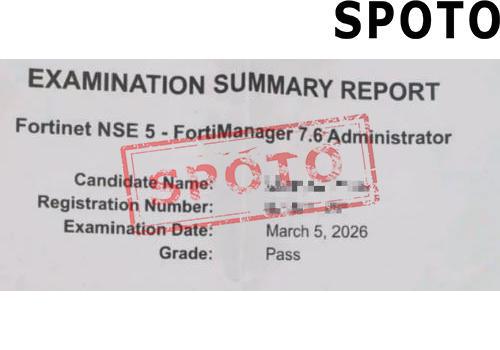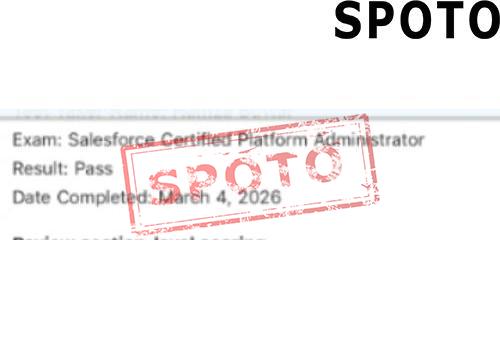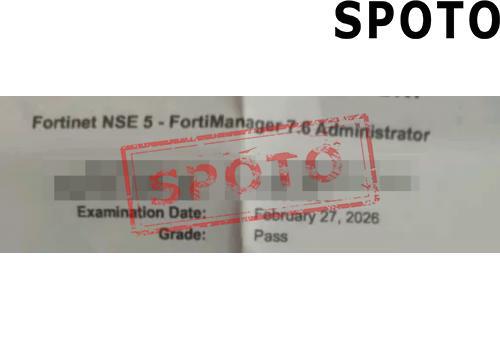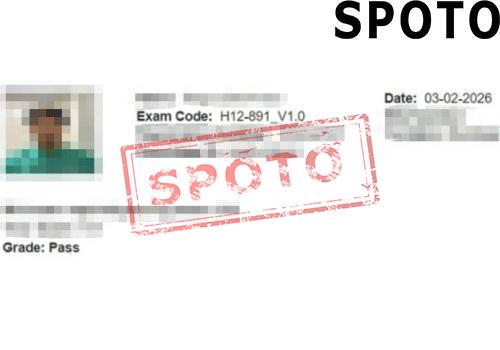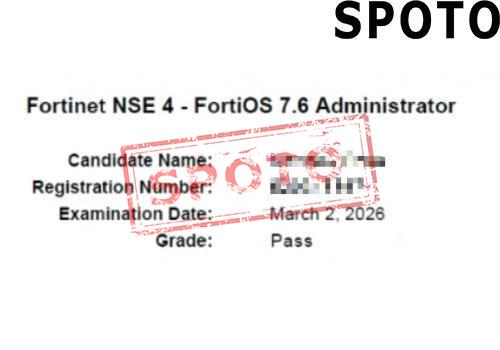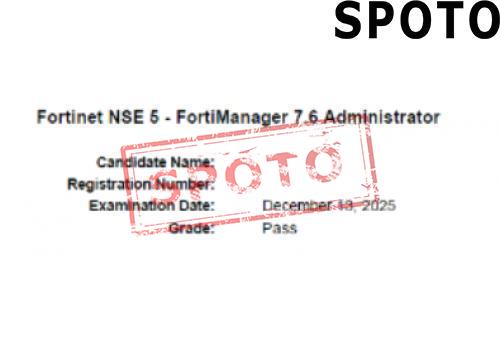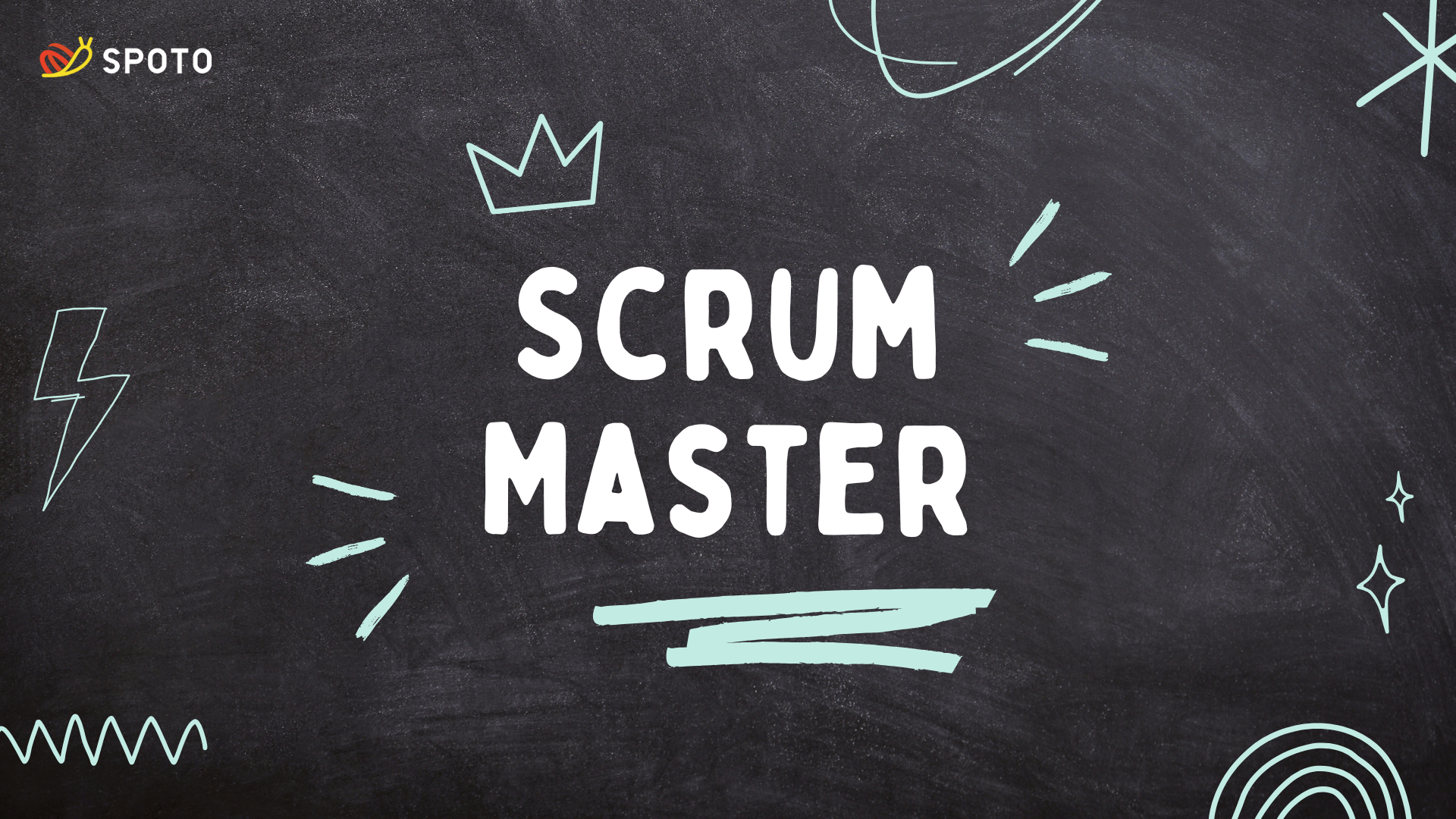
Table of Contents
Have you been contemplating a career switch or looking for fresh opportunities in the ever-evolving tech landscape? Maybe you're interested in a role that combines leadership, agility, and problem-solving, all while working in dynamic, collaborative environments. If so, becoming a Scrum Master might be your perfect next step.
In this blog, we will explore everything you need to know about being a Scrum Master. From what this role entails, the responsibilities involved, the necessary skills, career prospects, salary expectations, and how you can get started.
1. What is a Scrum Master
A Scrum Master is a vital member of an Agile development team who facilitates project workflows, ensures adherence to Scrum principles, and fosters a productive and collaborative environment. Essentially, they serve as a bridge between the product owner, development team, and stakeholders, enabling seamless communication and efficient progress.
Think of a Scrum Master as a coach or facilitator who helps the team stay focused, remove obstacles, and continuously improve their practices. They are not traditional project managers; instead, they empower teams to self-organize and adapt quickly to changing project requirements.
According to recent insights from industry sources, a Scrum Master guides teams through the Agile journey, promotes transparency, and upholds Scrum ceremonies such as sprints, stand-ups, and retrospectives.
2. What does a Scrum Master do?
Job duties for Scrum Master
The core responsibilities of a Scrum Master are centered around facilitating Agile processes:
- Facilitating Scrum Events: Organizing daily stand-ups, sprint planning, reviews, and retrospectives to keep the team aligned and motivated.
- Removing Impediments: Identifying obstacles hindering progress and working with stakeholders to resolve them swiftly.
- Coaching and Mentoring: Educating team members on Agile principles and ensuring best practices are followed.
- Fostering Collaboration: Encouraging open communication, trust, and teamwork within the group.
- Monitoring Sprint Progress: Tracking key metrics and ensuring the team meets sprint goals.
- Supporting Product Owners: Assisting in backlog grooming and sprint planning for clarity and priority setting.
Skills of a Scrum Master
To excel as a Scrum Master, certain skills are essential:
- Excellent Communication: Ability to articulate ideas clearly and listen actively.
- Leadership and Facilitation: Leading without authority, inspiring teams to deliver their best.
- Problem-Solving: Quickly addressing issues that could stall progress.
- Knowledge of Agile and Scrum Frameworks: Deep understanding of Scrum ceremonies, roles, and artifacts.
- Adaptability: Flexibility to handle unpredictable project dynamics.
- Conflict Resolution: Managing disagreements constructively to maintain team harmony.
- Technical Acumen: While not necessarily coding, understanding technical concepts is highly advantageous.
Related Job Opportunities
- Product Owner
- project manager
- Agile Coach
- Agile Project Manager
3. How much does a Scrum Master make?
Salary ranges for Scrum Masters can vary depending on experience, location, and industry. On average:
Entry-Level Scrum Masters: $70,000–$90,000 annually
Mid-Level Scrum Masters: $90,000–$110,000
Senior Scrum Masters: $110,000–$140,000+
In regions with a high demand for tech talent—such as North America, Europe, and Australia—compensation tends to be more competitive.
4. Why pursue a career as a Scrum Master?
Career Opportunities
The demand for Scrum Masters is soaring as companies seek agile professionals to lead digital transformations and project deliveries efficiently. With experience, you can advance to roles such as Agile Coach, Product Owner, or Program Manager.
Diverse Challenges and Opportunities for Growth
Being a Scrum Master isn't just about meetings; it's a challenging and rewarding role that involves problem-solving, team management, and continuous learning. Every project presents unique obstacles and learning opportunities, making it an ideal career for those who thrive in dynamic environments.
Moreover, obtaining industry-recognized certifications, like Certified Scrum Master (CSM), can open doors to higher-level roles and specialized consulting positions.
5. How do I become a Scrum Master?
Breaking into the role involves a combination of understanding Agile principles and gaining practical experience. Here's a step-by-step guide:
Learn the Basics: Start with foundational knowledge of Scrum, Agile, and project management principles.
Get Certified: Enroll in reputable courses—such as those offered by SPOTO—covering Scrum frameworks, ceremonies, and real-world applications. Certifications like CSM or PMP (Project Management Professional) boost your credibility.
Build Experience: Participate in Agile projects, even in small roles, to gain hands-on experience.
Develop Essential Skills: Focus on communication, facilitation, and problem-solving skills.
Network: Join Agile communities, attend conferences, and connect with industry professionals.
Apply for Roles: Start applying for entry-level Scrum Master positions or Agile roles that match your skills.
Final Thoughts
Embarking on a career as a Scrum Master opens doors to an exciting world of leadership, innovation, and constant growth. With organizations increasingly adopting Agile methodologies, skilled Scrum Masters are becoming indispensable.
Whether you're looking for a career switch or starting fresh in the tech industry, investing in quality training—such as SPOTO—can set you on the path to success. Don't wait—dive into the agile revolution and transform your professional life today!
